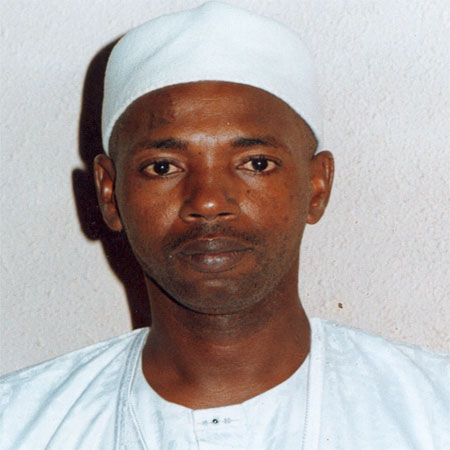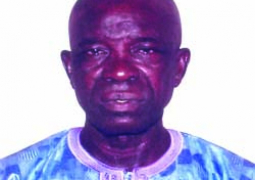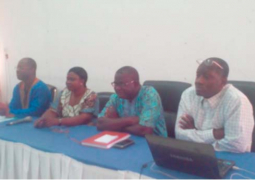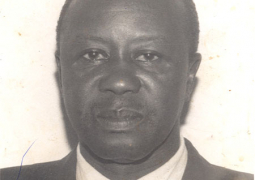
In a statement issued late on Wednesday, the Government of the Gambia announced that the country was withdrawing from the Commonwealth of Nations with immediate effect.
‘‘Government has withdrawn its membership of the British Commonwealth and decided that The Gambia will never be a member of any neo-colonial institution, and will never be a party to any institution that represents an extension of Colonialism,’’ the statement said, without elaborating further.
In an interview with The Point on Monday, Hamat Bah said his NRP party learnt with utter dismay The Gambia’s withdrawal from the Commonwealth knowing fully-well that by next month, the next Commonwealth Summit will be taking place in Sri Lanka.
‘‘We must make it categorically clear that we condemn the decision of the Gambia Government to withdraw from the Commonwealth. It is not in the overall interest of the Gambian people, because the Commonwealth has been doing so much good in this country and in all its member states for that matter,’’ he said.
According to him, the decision is also very risky on the side of the Gambia government.
‘‘No matter what happens at the Commonwealth, we believe the Government of the Gambia should go and confront its colleagues, members and others to defend its position.
‘‘We have said it over and over, that the human rights records of the Gambia Government is one of the worst you can find; it is extremely bad, and the government cannot escape from dealing with these issues with the international community,’’ Bah stated.
The NRP leader called on the government to do whatever possible to rejoin the Commonwealth, noting that “the Government of the Gambia cannot run away from the Commonwealth because there are issues they are trying to avoid”.
‘‘Those issues will follow you to other bodies like the UN, EU and any other forum for that matter, with the exception of the AU, which seems like an organization of birds of the same feather flocking together,’’ Bah stated.
‘‘We believe strongly that the Commonwealth has been a very useful organisation to the Gambian people, and probably the government does not know how much Gambians benefit from consular services at Commonwealth embassies in other parts of the world.
‘‘We also know very well that the Commonwealth has sponsored many in the form of scholarships. These are Gambians in their thousands, who are today graduates, professionals in various fields and are contributing to national development. We know, of course, the role of the Commonwealth in the reform of the civil service; we know the role of the Commonwealth in the development of the press, freedom, liberty, good governance, all core issues that nobody can avoid in today’s world,’’ he noted.
In Bah’s view, the Gambia government will be making another mistake by not going to the Commonwealth to defend its position, as expected of any government.
‘‘They should go and defend their position; whatever comes out there, they should do so. The issue of blaming the colonialist is not acceptable anymore. You cannot be blaming somebody for your failure after nearly 50 years of independence. Those days are gone; people have gone out of that era,’’ he added.
The fact of the matter, he further stated, is that the Gambia government must rethink its decision, rejoin the Commonwealth, go to Sri Lanka for the upcoming Commonwealth summit and defend their position; but withdrawing is not the solution to the problem.




